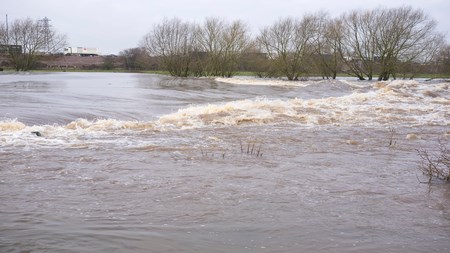In terms of the Electrical Machinery Regulations of 2011 issued under the Occupational Health and Safety Act 85 of 1993, an additional compliance certificate is now required where there is a change of ownership of immovable property. So says Muhammad Gattoo, Director in the Real Estate practice at Cliffe Dekker Hofmeyr.
“The new compliance certificate relates to electrical fence systems. An electrical fence system, as defined in the regulations, is an electrified barrier consisting of one or more bare conductors erected against the trespass of persons or animals coupled with electrical machinery arranged so as to deliver a periodic, non-lethal amount of electrical energy to an electric fence connected to it,” Gattoo explains.
“Regulation 12(4) and 12(5) of the regulations now requires every user or lessor of an electric fence system to have an electric fence system certificate in respect of the electric fence system if it has been installed after 1 October 2012 or, as with an electrical compliance certificate, if any addition or alteration was effected to an existing electric fence system after 1 October 2012.
“Furthermore, if there is a change of ownership of immovable property on which an electric fence system exists, after 1 October 2012, an electric fence system certificate will be required,” he explains.
Gattoo points out that the regulations relating to the change of ownership are not, however, as clear cut as the regulations relating to electrical compliance certificates. The regulations do not specifically state that the current user or lessor (seller) is responsible for obtaining the electric fence system certificate before transfer, neither does it prohibit transfer of the immovable property from taking place without the certificate.
“As the regulations permit transfer of a certificate, it can only be inferred that the seller is responsible for obtaining the electric fence system certificate and will transfer it to the purchaser.
“What is more is that there is no time limitation which has been placed on the validity of the electric fence system certificate so a new electric fence system certificate is not required for each subsequent transfer of the immovable property unless an addition or alteration has been effected to the electric fence system since the issue of the previous electric fence system certificate,” he says.
He adds that there is a prescribed format for the electric fence system certificate and it can only be issued by a party that is registered as an electric fence system installer.
“Since 1 October 2012 is the effective date, immovable properties which have electric fence systems and which have been sold before this date but have not yet been transferred, will be subject to compliance with regulation 12(4) and will also require an electric fence system certificate,” Gattoo notes.
“It would be prudent to include in all new property sale agreements - where there is an electric fence system - an appropriate clause requiring the procurement of the certificate by the seller and the delivery thereof to the purchase prior to transfer taking place.”



